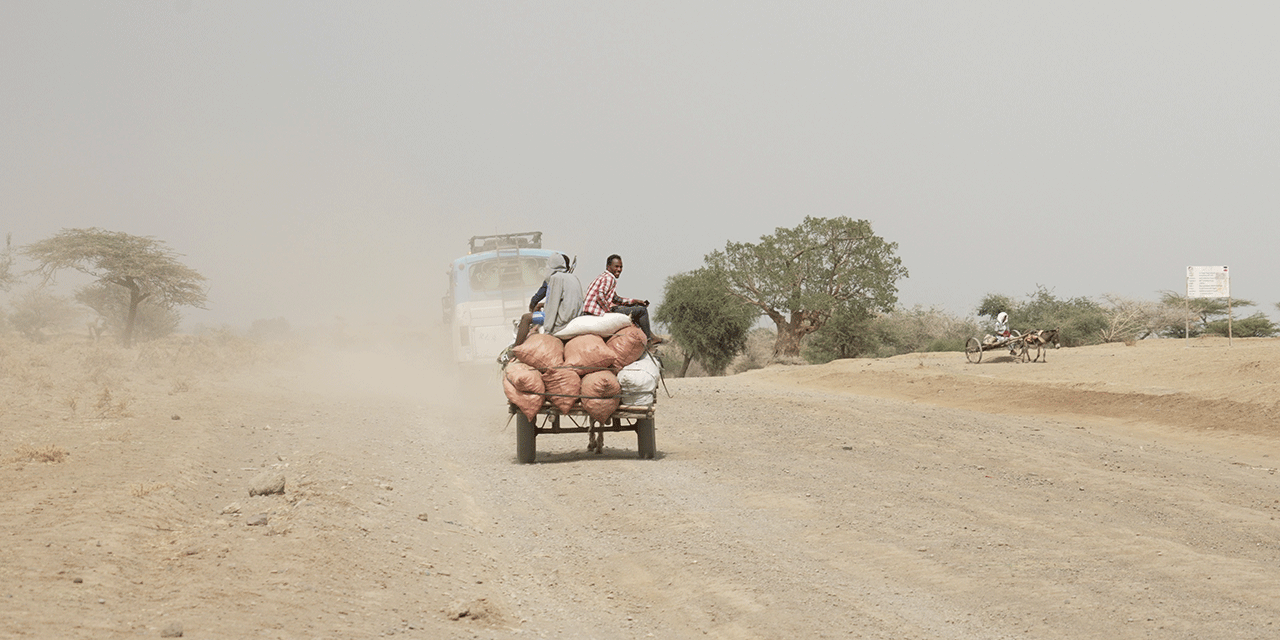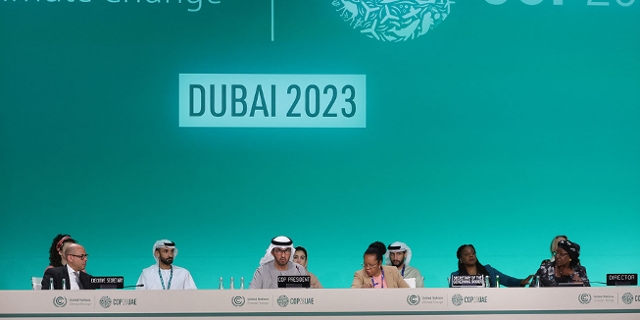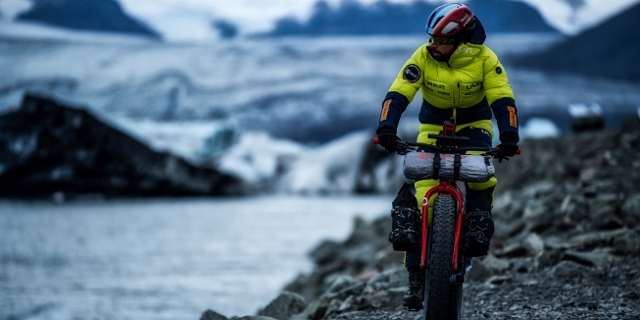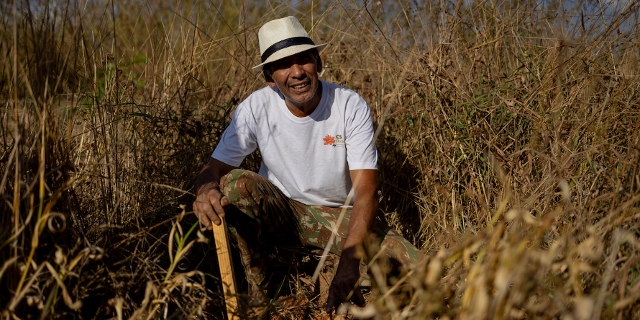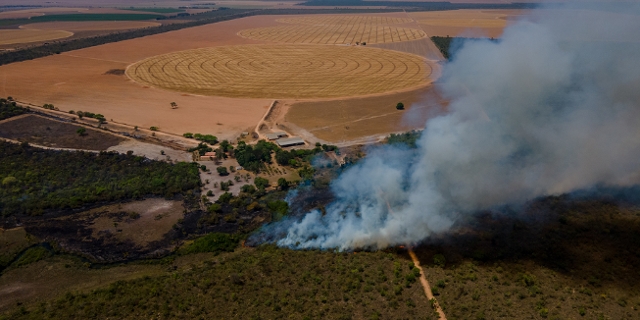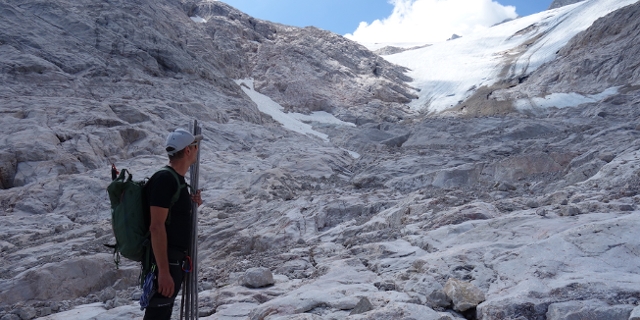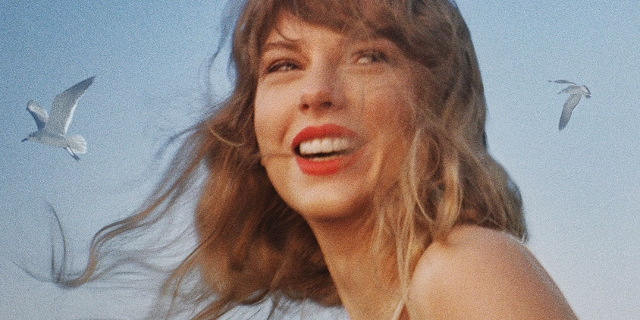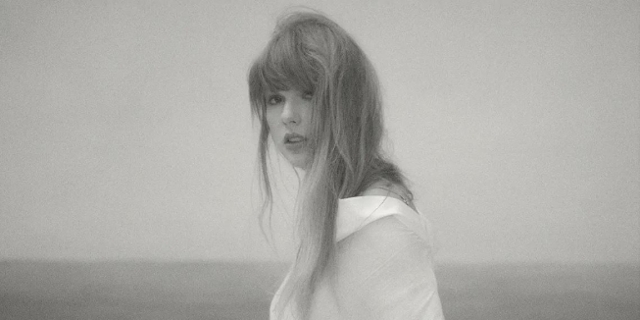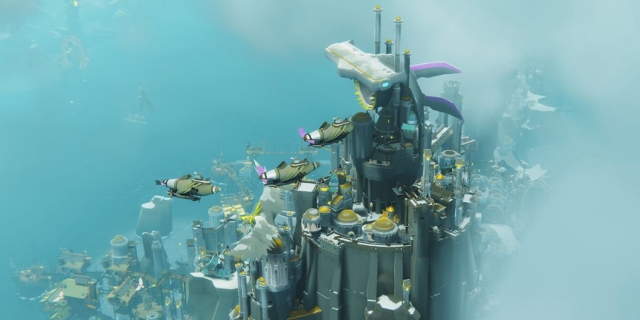Is COP27 an „African COP“?
A new report from the Global Carbon Project has shown global emissions have risen by 1% in 2022. This is partly because of an increase in flying and an increased use of coal. The scientists found no reason to believe they will start to fall soon.
This is alarming to say the least. A recent UN report that global emissions need to fall by 45% by 2030 to keep temperatures below 1.5C. If we don’t do manage this then tens of millions of people will lose their homes due to rising sea-level, parts of the planet will become unsuitable for human habitation and 99% of coral reefs will die. Extreme weather will become even more deadly.
The latest report suggests we will pass that threshold in 9 years’ time.
This is not News in Brief. This is a calamity that most of us can’t even begin to imagine.
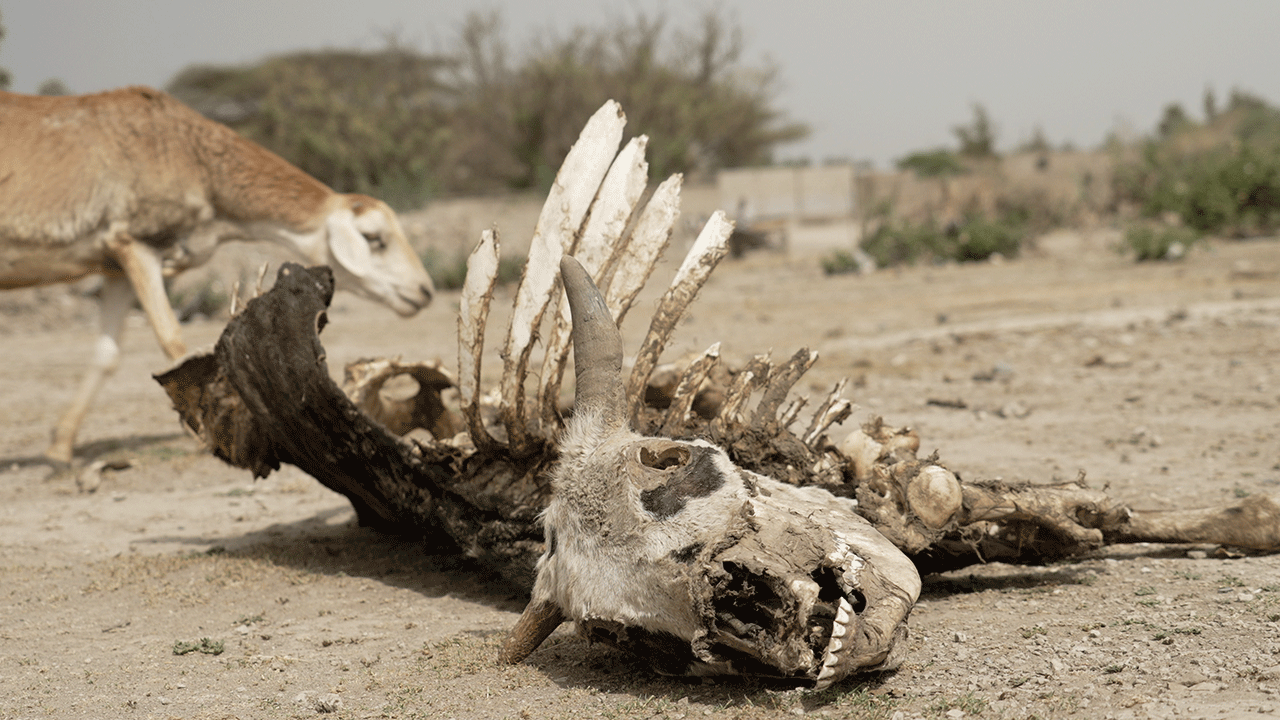
Creativstudio Bogata
And poorer countries will be the hardest hit, including many African nations. So will it help that COP27, currently underway in Sharm el Sheikh, is being hosted on African soil? Will this bring a sense of urgency and help bring progress on climate justice?
That’s the topic on this week’s Klimanews Weekly:
Left Out Of The Debate
The UN Climate Summit is meant to be a global meeting about the climate crisis, a challenge that impacts every single country on earth. But often there have been complaints that rich countries have dominated past meetings. And since the climate crisis impacts the poorer countries of the Global South the most, it is doubly unfair to sideline them.
The fact that Egypt is hosting COP 27 has created a buzz across Africa. It’s the first time since 2016 that the summit is happening on African soil and that’s prompted hopes from climate experts and those involved in negotiations that the concerns of the continent will be listened to. Indeed before the summit there were hopes that Africa’s priorities for the UN climate conference would be front and centre of negotiations.
Pato Kelesitse, a young climate and development expert, is headed to COP27 this week. She is from Botswana, a country on the frontline of the climate crisis. “We’re seeing extreme weather temperatures, we’re seeing a lot of droughts,” she told me. “And then in some areas we’re seeing floods.” The crisis is hitting farming, creating food insecurity. And, by destroying the biodiversity that has enthralled visitors for generations, it is damaging the tourism industry.
„It looks like quite a PR exercise“
Pato is reserving judgement on whether this really will be an African COP. “So far it has looks like quite a PR exercise,” she says. But she is hoping that there will be progress on Loss and Damage; a form of compensation for climate impacts. “I think if we get the wheels rolling on the Loss and Damage finance facility, then it will be an African COP."
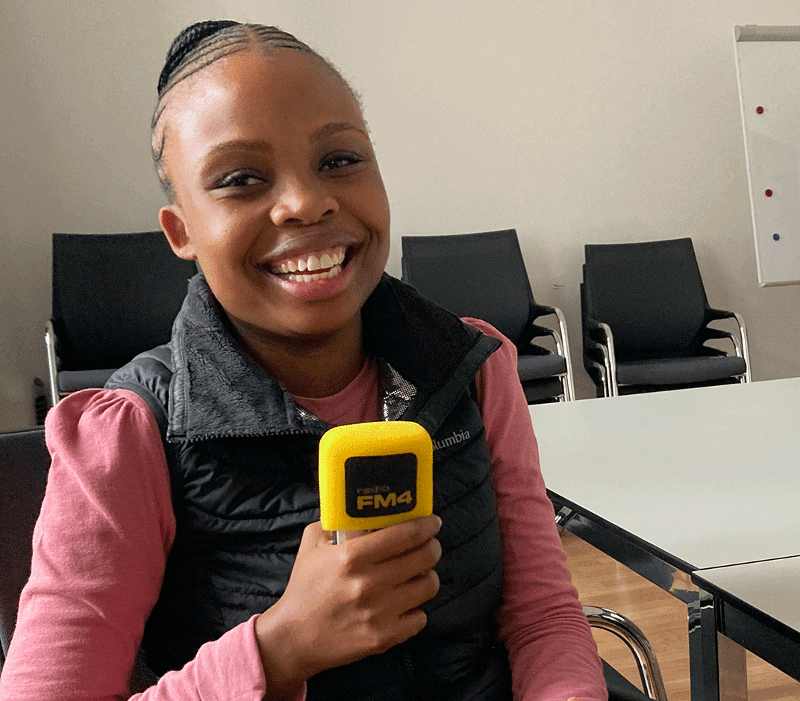
radio fm4/Chris Cummins
Africa loses between 7 to $15 billion every year due to the climate crisis, despite being responsible for relatively few of the emissions. They need financial support to cope with this. That would be the only just course of action.
Loss And Damage
Rich countries hate the word reparations, but that’s essentially what we are talking about with Loss and Damage, explains human rights expert Paula Banerjee from the University of Kolkata in India.
Poor countries are suffering the impact of a crisis caused by the historic emissions of rich countries. “There has to be an understanding and respect that this is not something that is given as a gift by rich countries,” she says. “This is just a mode of bringing justice to these people.”
What could the money be used to pay for in Botswana? “It could be something as basic as this:” says Pato, “if a flood washes away a house, it needs to be rebuilt. But also when a whole neighbourhood or a whole area is wiped out, you lose culture, you lose biodiversity, you need programmes to restore these things.” And such programmes need financing.
No Trust = No Hope
Pato says if the countries of Europe and North America don’t show a readiness to address this issue of climate justice, then the whole vital process of international climate cooperation might break down. “In Africa, we still believe that the conversations at climate summits can make a difference. What happens when there is so much evidence that they do? The people will feel they just there’s no point in having them,” she says. “Right now, there’s hope, but without trust, can we still have that hope?"
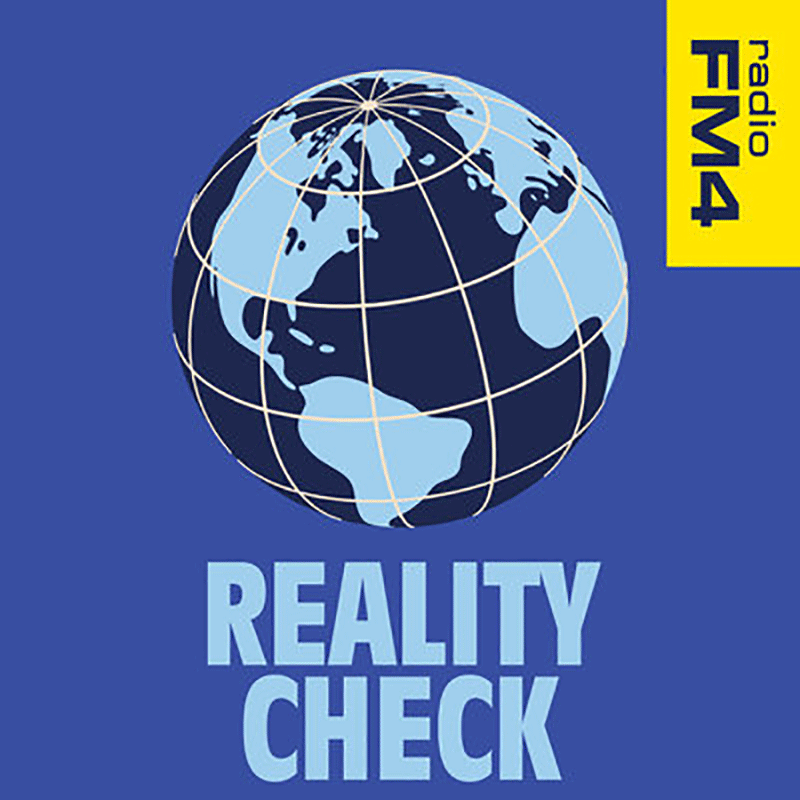
radio fm4
Listen to the interview with Pato Kelesitse in our Reality Check Podcast.
But the challenge is getting a fair chance at making the argument at a global climate summit. The odds seems stacked in favour of the current polluting status quo.
The Campaign group Global Witness has found more than 600 accredited people at the climate talks at COP 27 in Egypt are linked to fossil fuels. That’s more than the combined delegations from the ten most climate impacted countries.
That’s why climate campaigner Pato Kelesitse says she doesn’t believe COP 27 does not yet deserve the title of being an African COP. “There’s been no strong push to try and get Africans to attend such limited accreditation. COP27 has one has the smallest number of civil society representatives in COP history and is so expensive to attend,” she complains. “That’s an issue that could have been addressed if we were looking at trying to get Africans to the summit that is meant to be the African COP.”
It’s About Respect
And yet, if the world is to make progress at climate summits, it is exactly these voices from the most affected areas who must be heard, says human rights expert Paula Banerjee. “We need to listen to what their solutions are, we need to listen to what their demands are,” she says. “We need to know what they want for their children, what they want for their future, what they want for their families. It is important to give them the respect and see what the solution.”
“We should be listened to"
Indeed the global community could learn a lot of lessons about climate resilience from civil society representatives from the Global South because they have been dealing with the impacts of the climate crisis and have learnt valuable lessons will all need to learn in the long run.
“We should be listened to instead of being treated as kids who need to be told what to do,” says Kato. “We’ve had to find ways of surviving the climate crisis. For people to be able to be that resilient. They are doing something right. They are doing something worth sharing.
A Breakdown of Trust
And yet we don’t respect African voices, complains Pato; not even in the scientific community. The people researching climate change in Africa are not Africans. They are Europeans who are funded by certain institutions, then go and work with an African researcher and put them in the acknowledgements.
She says this is intensely damaging. “That lack of respect for what Africans bring to the table, that lack of respect for African expertise, that lack of respect for African knowledge; it breaks down trust.”
Both Pato Kelesitse and Paula Banerjee were guests of the Vienna Institute for International Dialogue and Cooperation
Publiziert am 11.11.2022







